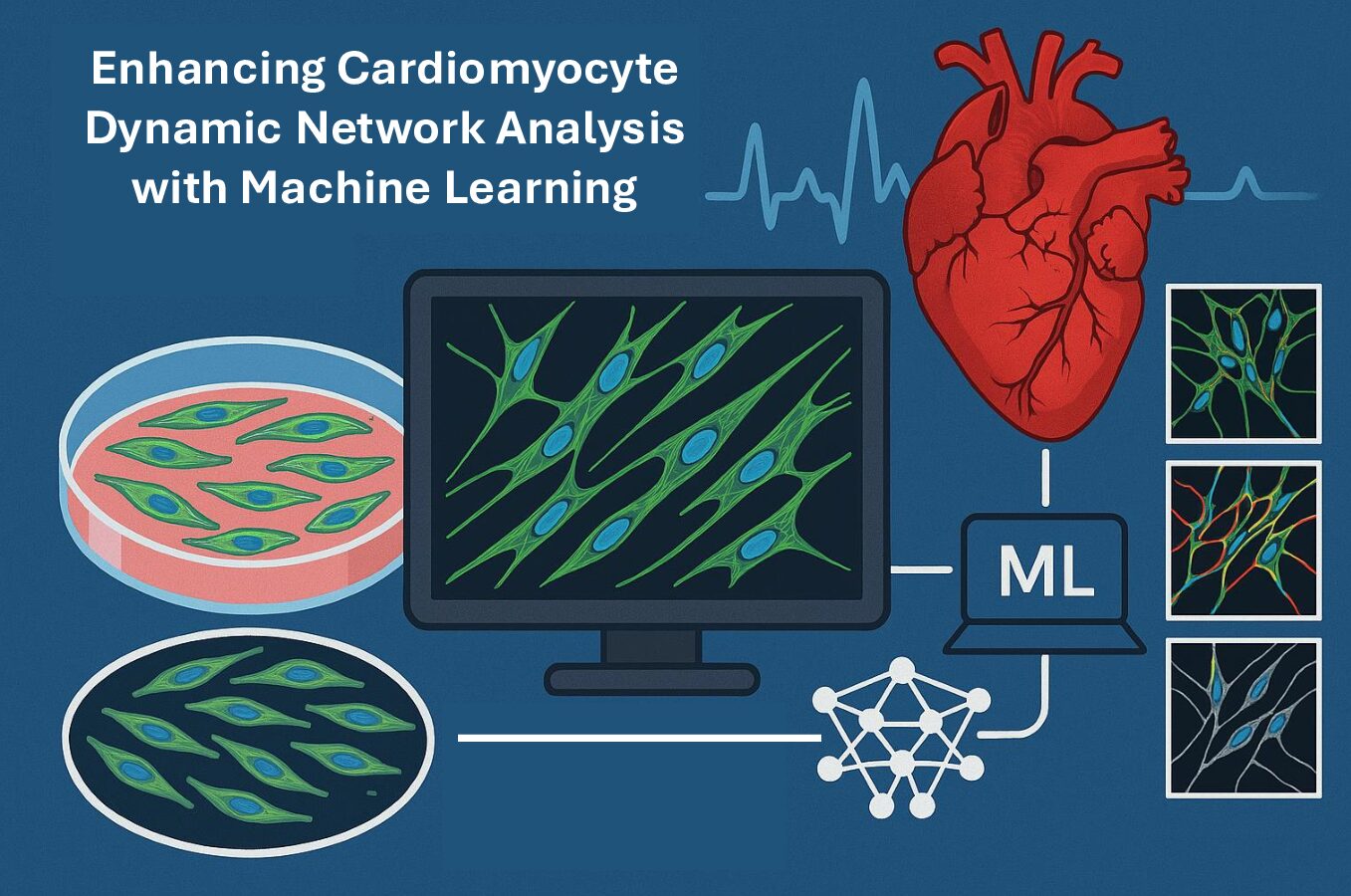
Profile
Dr Fabio Caraffini’s research includes fundamental and applied computational intelligence with a strong emphasis on heuristics for optimisation.
He holds a PhD in Mathematical Information Technology (University of Jyväskylä, Finland, 2016) and Computer Science (De Montfort University, UK, 2014), and received the BSc in Electronics Engineering and the MSc in Telecommunications Engineering degrees from the University of Perugia (Italy) in 2008 and 2011 respectively.
Area of Expertise
- Evolutionary Computing
- Heuristic & Hyperheuristic Optimisation
- Algorithm Behaviour
- Computational Intelligence
- Interdisciplinary AI
Projects
-

Mathematical Modelling of Cancer – Adipocyte Interactions in Ovarian Cancer Modelling and Optimising Multi-Modal Customer Journeys in Commercial Banking: A Human-Centred Approach to Behavioural Analytics and Outcome Prediction Across Digital, Physical, and Telephony Channels
Project Overview This research investigates the use of Human-Centred AI to model and optimise customer journeys in UK commercial banking. The project focuses on multi-modal customer interactions across digital, physical, and telephony channels, such as mobile apps, online platforms, branch visits, and call centre experiences. Using topic modelling techniques on unstructured customer feedback (including surveys,…
-

Advancing AI-Driven Techniques for Complex Problem Solving: A Focus on Distributed Constraint Satisfaction Problems
Project Overview This research explores the development and application of AI-driven intelligent systems to enhance problem-solving efficiency and effectiveness in complex problem domains.The study focuses on designing novel frameworks and algorithms that leverage multi-agent systems, and intelligent agents to address large-scale and computationally challenging problems. One key area of interest is Distributed Constraint Satisfaction Problems…
-

Enhancing Cardiomyocyte Dynamic Network Analysis with Machine Learning
Project Overview Cardiovascular disease (CVD) is the leading cause of morbidity and mortality worldwide,responsible for approximately 17.9 to 20.5 million deaths annually. Whilst the global burden of CVD keeps increasing, recent efforts to accelerate the development of innovative therapeutic strategies for managing CVD have persistently failed to deliver new drugs to the market. These challenges…
